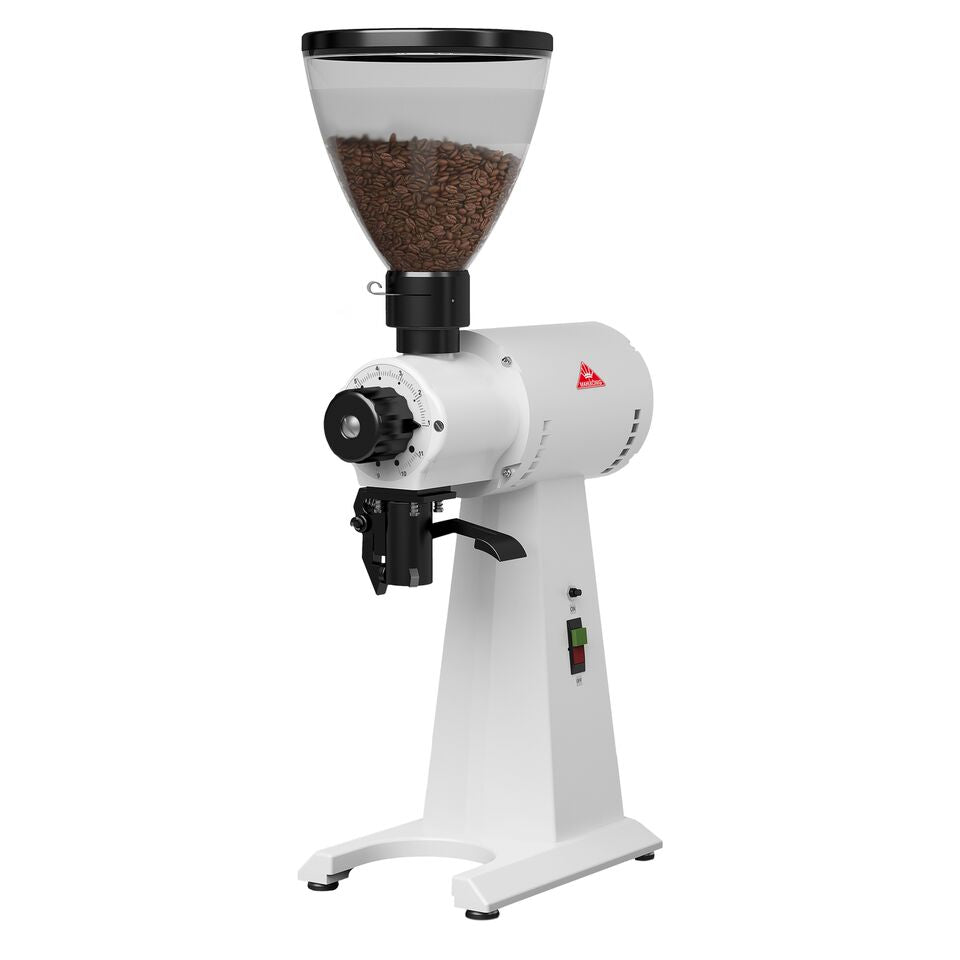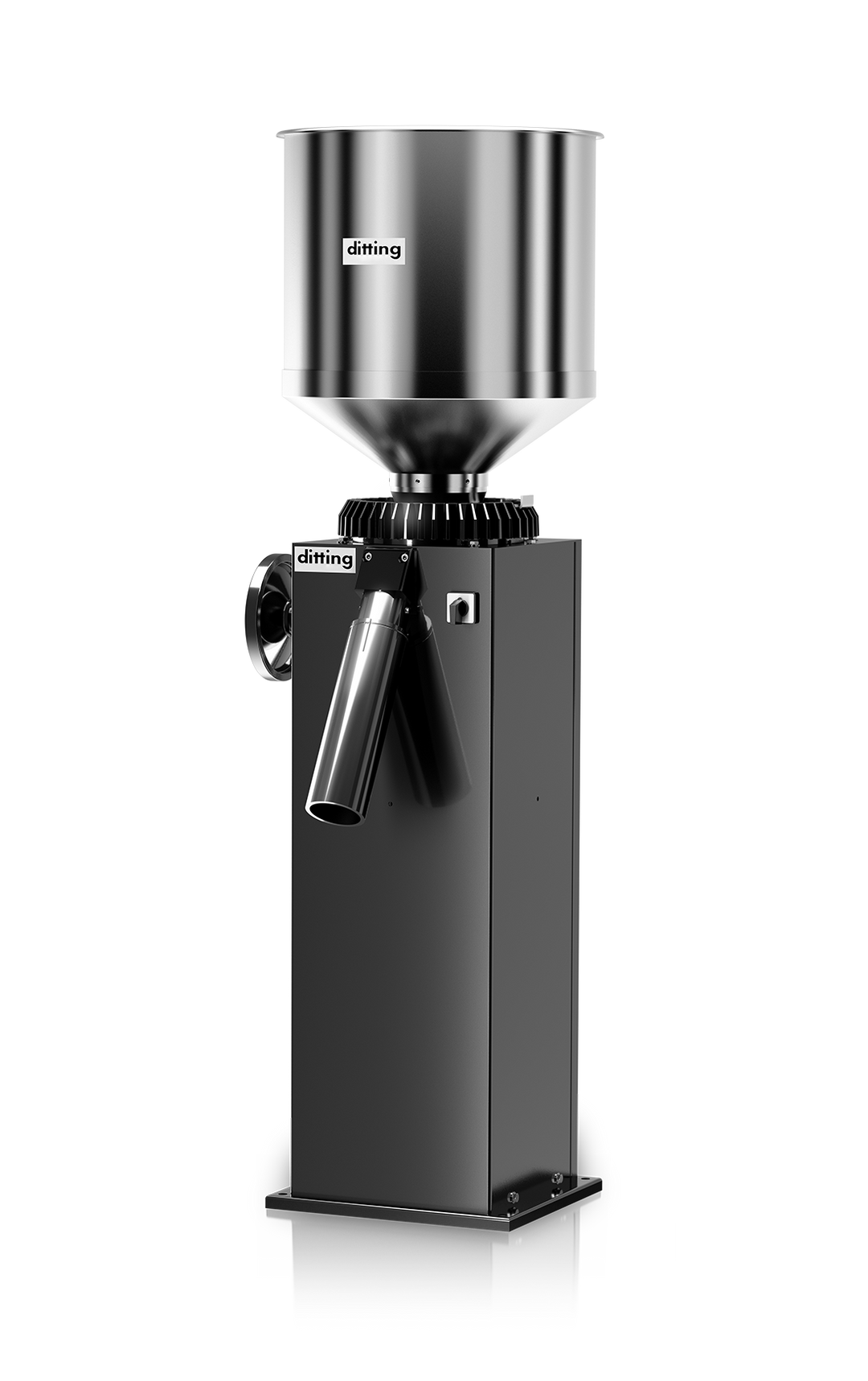How an Industrial Coffee Grinder Can Enhance Your Product Quality
How an Industrial Coffee Grinder Can Enhance Your Product Quality
Blog Article
Industrial Coffee Grinder Overview: Increase Efficiency and High Quality
In the competitive landscape of coffee production, selecting the right commercial coffee mill plays a crucial duty in boosting both performance and item high quality. Comprehending the nuances of various grinder kinds and vital attributes-- such as personalized grind settings and robust construction-- can considerably influence the last taste profile of the coffee.
Understanding Grinder Kinds
When picking a commercial coffee grinder, understanding the numerous kinds offered is important for enhancing both flavor removal and functional efficiency. Both key kinds of grinders are blade mills and burr mills. Blade grinders utilize sharp blades that cut coffee beans right into inconsistent dimensions, causing unequal extraction and possibly unfavorable flavors. While blade mills are typically more appropriate and affordable for small-scale procedures, they are typically not advised for commercial use.

Inevitably, choosing the ideal type of grinder is indispensable to maintaining high quality and performance in coffee production, making it critical for companies to purchase high-grade burr grinders for ideal outcomes.
Secret Attributes to Consider
Choosing a commercial coffee mill calls for careful consideration of a number of crucial attributes that can considerably influence both efficiency and the total coffee experience. Among the key aspects to assess is the grinding system. Burr grinders are normally favored over blade mills, as they give a consistent grind size, which is essential for ideal extraction and flavor.
One more important feature is the grinder's ability. A functional mill with several settings allows you to tailor the work dimension to various developing approaches, improving the coffee's flavor account.
Assess the mill's noise degree, especially in an active café or manufacturing atmosphere, where too much noise can be turbulent. Spending in a grinder that stabilizes these features can considerably boost both operational effectiveness and the quality of the coffee served.
Optimizing Grinding Refine
To accomplish the finest outcomes in coffee prep work, maximizing the grinding process is necessary. The work dimension dramatically affects removal, taste, and total quality of the brewed coffee.


In addition, keeping additional resources track of the grinding speed can optimize the process. Slower grinding frequently produces less warmth, maintaining fragile tastes and scents. On the other hand, faster grinding may produce extreme heat, adversely influencing site the coffee's quality.
Upkeep and Care Tips
Appropriate maintenance and care of commercial coffee mills are necessary for making sure ideal performance and longevity. Normal cleansing is the foundation of upkeep; deposit accumulation can impact taste and grinding effectiveness. It is a good idea to clean the mill after each usage, wiping down the outside and eliminating any coffee premises from the burrs.
In addition, examine the grinding burrs for wear and tear. Plain burrs can jeopardize grind uniformity, so they ought to be changed as needed. Industrial Coffee Grinder. Periodically adjusting the grinder is additionally critical, as this preserves the desired work size for numerous brewing approaches
Lubrication of moving components must be performed according to the supplier's specs, as this lowers friction and prolongs the life of the devices. It is important to make use of food-grade lubes to ensure security and conformity with health and wellness laws.
Finally, maintain the grinder in a steady and completely dry environment to stop corrosion and corrosion. By sticking to these upkeep and care pointers, operators can improve the performance of their industrial coffee mills while guaranteeing high-grade outcome and expanded operational life.
Roi Analysis
Evaluating the return on investment (ROI) for industrial coffee grinders is essential for businesses seeking to optimize their coffee production abilities. A detailed ROI evaluation helps determine the financial practicality of investing in top notch mills, enabling services to evaluate the preliminary expenses against prospective gains.
Evaluate the acquisition cost of the grinder, consisting of setup and any type of needed adjustments to existing facilities. High-performance mills often lead to decreased grinding time and boosted throughput, which can substantially improve performance.
Furthermore, take into consideration the effect on product top quality. Industrial Coffee Grinder. Superior mills generate a more regular grind dimension, which can enhance flavor accounts and client complete satisfaction, ultimately driving sales. By raising the high quality of the final item, services can warrant higher rates, leading to boosted revenue
Final Thought
In recap, an industrial coffee mill plays a pivotal function in boosting both efficiency and product quality within coffee production. By choosing premium burr mills outfitted with vital attributes such as adjustable grind settings and long lasting building and construction, services can make certain optimal flavor extraction. Normal upkeep is critical for maintaining mill efficiency and maximizing customer fulfillment. Eventually, the critical financial investment in a reliable grinder contributes substantially to boosted revenue and competitiveness in the coffee sector.
In the read competitive landscape of coffee production, selecting the appropriate commercial coffee grinder plays a critical role in boosting both performance and item high quality. The two main kinds of grinders are blade grinders and burr grinders. Within the burr mill category, there are level burr grinders and cone-shaped burr grinders, each with its advantages. Burr grinders are generally preferred over blade mills, as they provide a consistent grind size, which is important for optimum removal and taste.
In summary, a commercial coffee grinder plays a pivotal function in enhancing both performance and product quality within coffee manufacturing.
Report this page